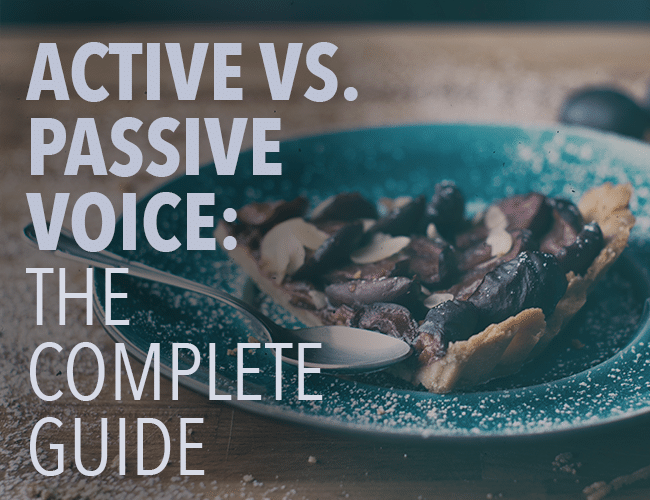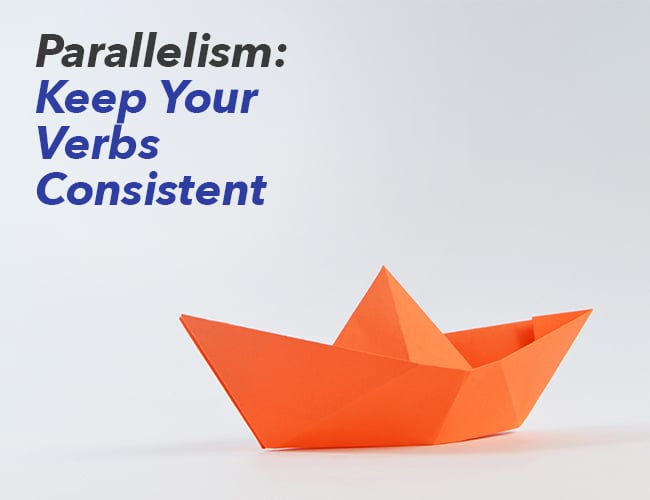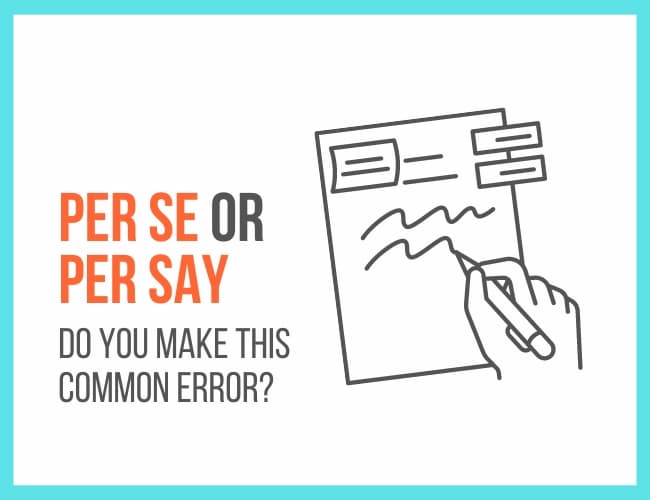
by Liz Bureman |
Let’s understand what we mean when we’re talking about “voice” in a passive sentence versus an active voice sentence. In this case, grammatical voice refers to the verb form used in relationship with the subject and receiver of the action.
(This should not be confused with author voice which is more about the personality and style of a writer throughout their work. That’s something entirely different.)
If you’re still confused, let’s look at some examples that will help you see the difference, and then look at how to use each type of sentence to its best effect. Ready?

by Liz Bureman |
A few weeks ago, our group of friends was planning a potluck. One of the girls said she was planning on making vegetarian chili, cornbread, or baking cookies. I cringed internally because the flow of the sentence was wrong and hurt me on the inside. The issue: mismatched parallelism.

by Liz Bureman and Alice Sudlow |
Here’s a secret: I’ve never been explicitly taught not to split infinitives (or to not split infinitives?). Surprise!
If that statement’s a shocking pronouncement, or if it makes no sense at all, never fear. Let’s take a step back and look at the long, illustrious history of split infinitives.

by Liz Bureman |
English is full of words that seem the same, but have subtle differences in their spelling and usage. These tricky words seem designed specifically to trip you up. Recently, we tackled ensure vs. insure. Today, let’s take on another vocabulary conundrum: upwards or upward? Toward or towards?
Or does it even matter?

by Liz Bureman |
Sometimes people confuse the latin term per se with per say, especially because they sound identical in everyday speech. Today’s writing tip clears up any confusion.




